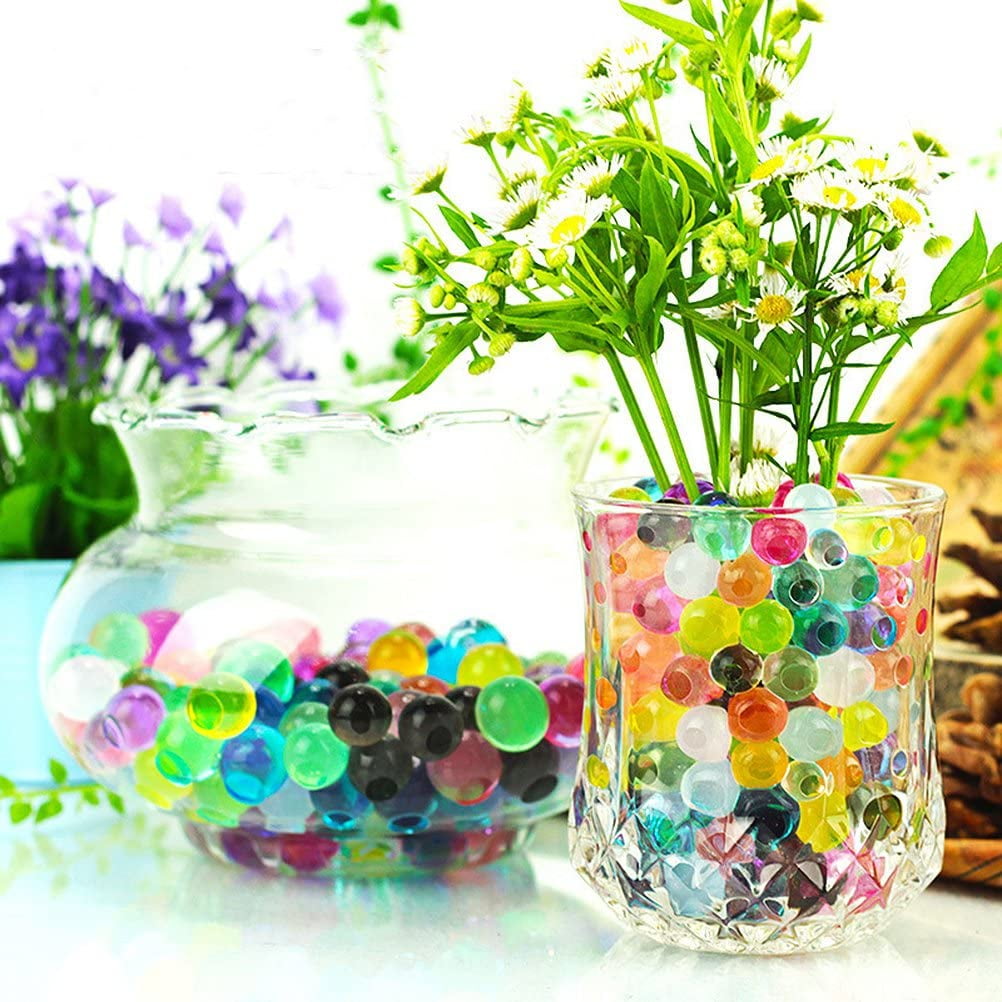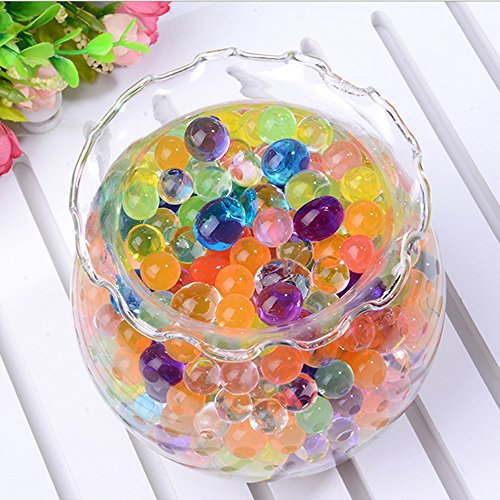The Magic of Jelly Soil–Can Plants Grow in Gel?
Traditionally, we believe plants can only grow in soil. However, technological advancements have revolutionized many aspects of our lives, including how plants grow. Jelly Soil, or “gel soil,” is emerging as an innovative medium for plant growth, offering a new perspective on cultivation.

What is water beads plants?
Jelly Soil is a high-tech synthetic substance composed of water-retentive materials combined with a porous structure. Its main components are non-toxic, tasteless, and crystal-clear, capable of retaining water for extended periods without frequent watering. The porous nature of Jelly Soil allows air and light to penetrate, creating an optimal environment for plant growth.
Benefits of water beads plants
1. Water Retention: water beads plants effectively retains water, providing a consistent moisture source for plants.
2. Nutrient Stability: It offers a stable supply of nutrients.
3. Oxygen Supply: The porous structure ensures adequate oxygenation for plant roots.
4. Hygienic: Unlike traditional soil, Jelly Soil is less likely to harbor pests, making it more hygienic and conducive to plant health.
Limitations of water beads plants
Despite its advantages, water beads plants is not suitable for all plant types. Some plants require the microbial and organic content found in traditional soil to thrive. For example, certain vegetables and fruit-bearing plants need the nutrient profile of real soil, which Jelly Soil cannot fully provide.

Conclusion
water beads plants represents a convenient and technologically advanced method for growing plants, especially for indoor farming. However, as a relatively new material, it requires further research and development to expand its applications and effectiveness. Continued exploration of gel soils may unlock new possibilities for sustainable and efficient plant cultivation.
